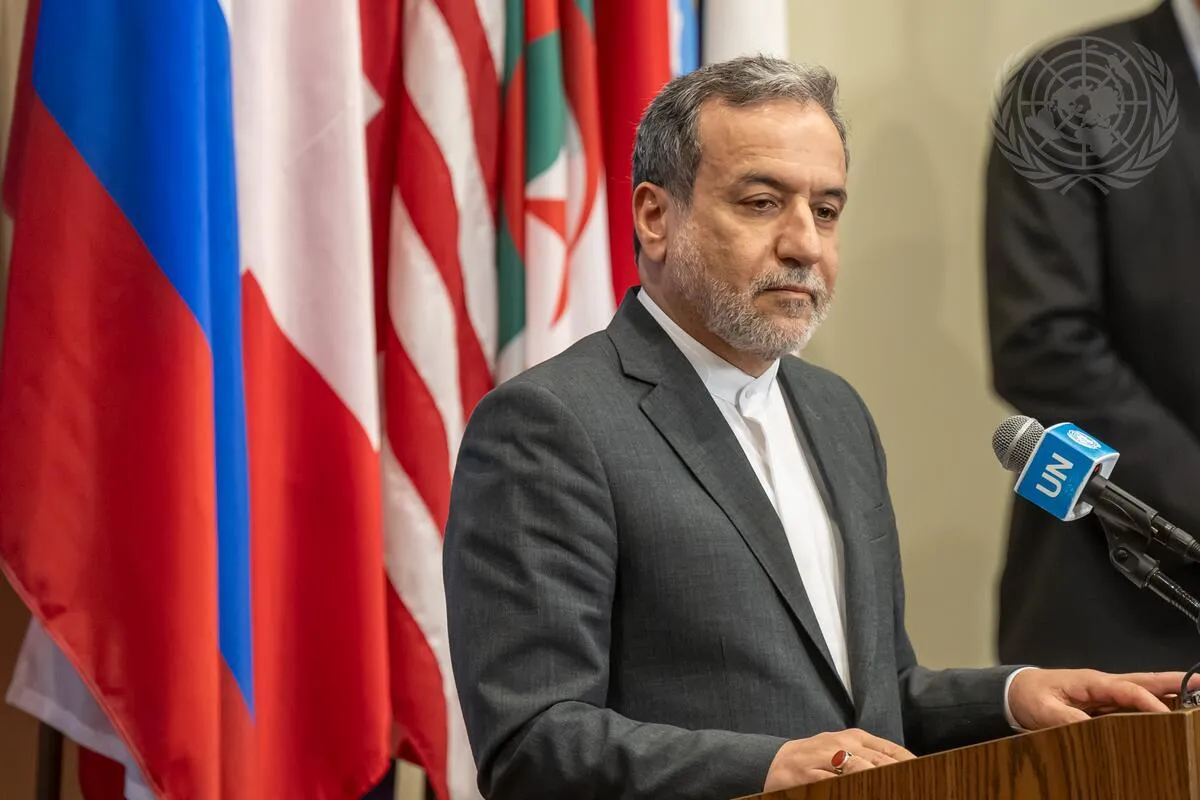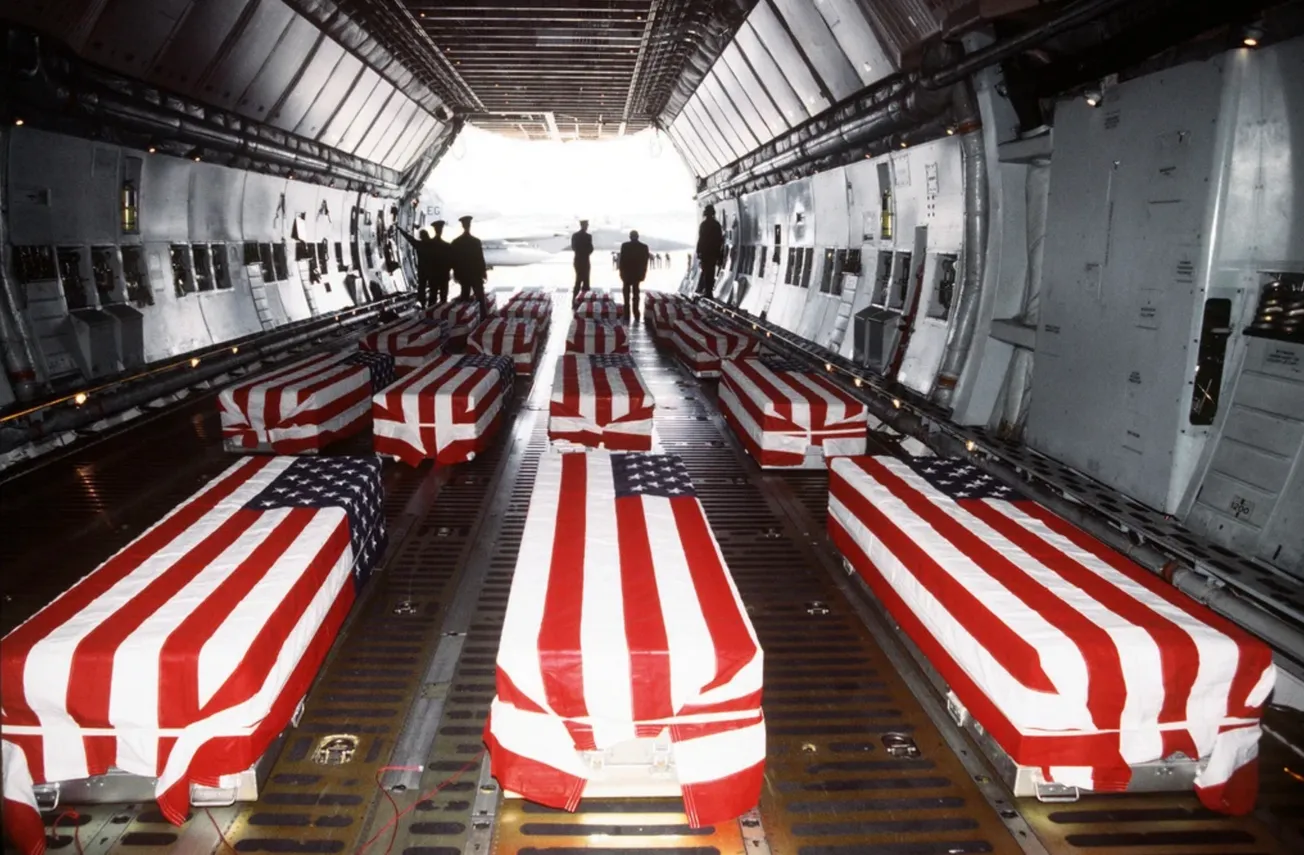Iranian Foreign Minister Abbas Araghchi said in an op-ed placed in the Washington Post on April 8 that Iran views the series of messages and letters have recently been exchanged between Iran and the United States “as representing a genuine attempt to clarify positions and open a window toward diplomacy.”
He continues that “...Iran is ready to engage in earnest and with a view to seal a deal. We will meet in Oman on Saturday for indirect negotiations” (emphasis in original).
He says later: “Pursuing indirect negotiations is not a tactic or reflection of ideology but a strategic choice rooted in experience. We face a significant wall of mistrust and harbor serious doubts about the sincerity of intentions, made worse by U.S. insistence on resuming the ‘maximum pressure’ policy prior to any diplomatic interaction.
“To move forward today, we first need to agree that there can be no ‘military option,’ let alone a ‘military solution.’”
Araghchi warns that “Spending taxpayer dollars on escalating the U.S. military presence in our region, potentially endangering American soldiers far away from home, is not conducive to a diplomatic outcome. The proud Iranian nation, whose strength my government relies on for real deterrence, will never accept coercion and imposition.”
He notes that while Trump might not like the JCPOA nuclear deal of 2015, it contains the vital commitment that “Iran reaffirms that under no circumstances will Iran ever seek, develop or acquire any nuclear weapons.” There’s no evidence that Iran has violated this commitment as shown by the intelligence assessment presented to the U.S. Congress a couple of weeks ago by Tulsi Gabbard, even seven years after Trump walked away from the 2015 agreement in 2018.
“The ball is now in America’s court,” Araghchi concludes. “If it seeks a genuine diplomatic resolution, we have already shown the way. If, instead, it seeks to impose its will through pressure, it must know this: The Iranian people respond decisively to the language of force and threat in a unified way. There is a chance for the United States to finally have a president of peace. Whether or not to seize that opportunity is a choice.”



